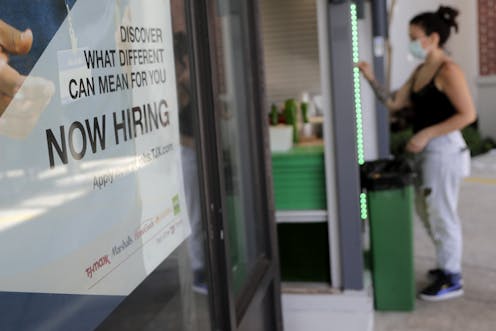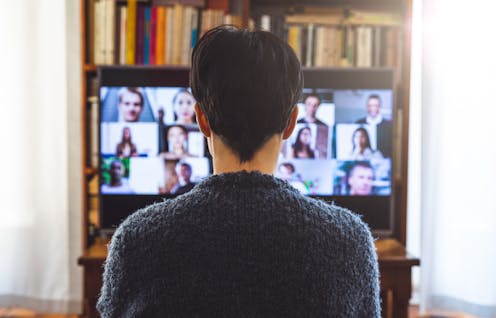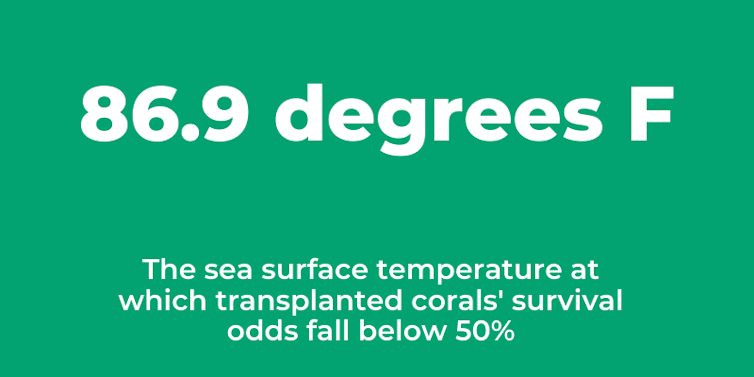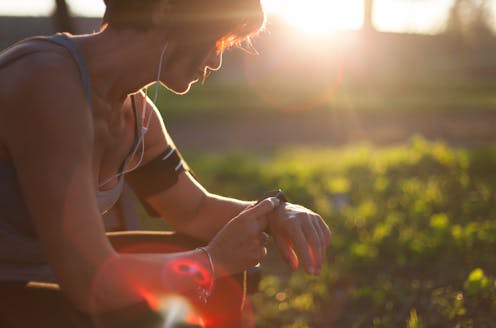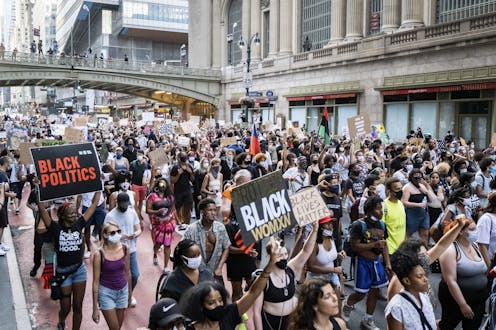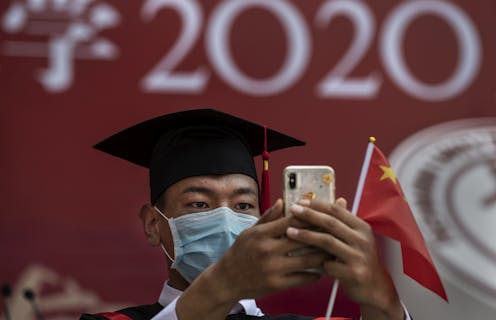How COVID-19 might increase risk of memory loss and cognitive decline
- Written by Natalie C. Tronson, Associate Professor of Psychology, University of Michigan
 More and more studies are revealing the cognitive effects of COVID-19.Amornrat Phuchom / Getty Images
More and more studies are revealing the cognitive effects of COVID-19.Amornrat Phuchom / Getty ImagesOf all frightening ways that the SARS-COV-2 virus affects the body, one of the more insidious is the effect of COVID-19 on the brain.
It is now clear that many patients suffering from COVID-19 exhibit neurological symptoms, from loss of smell, to...
Read more: How COVID-19 might increase risk of memory loss and cognitive decline


